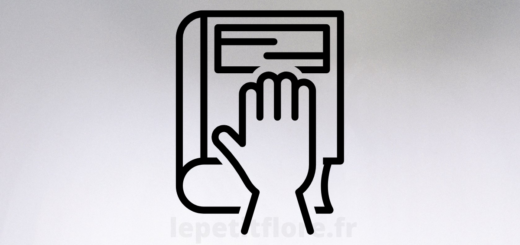Branded Entertainment – What It Is and How It Can Help Your Brand

Marketing your brand is no longer the same as it was in the past. No longer are you able to simply print or broadcast a TV advertisement and expect consumers to flock to your stores to purchase your products? Branded entertainment, also known as native video advertising, is one new type of content marketing that has the potential to dominate.
Branded entertainment can be described as a form of content marketing. It’s about creating engaging content that captivates potential customers for longer than traditional ads. The content is typically delivered online as video-based series or Web-based magazines, podcasts, and other formats. Lego’s interactive magazines for children are a great example of brand entertainment. They feature characters that can be purchased from the store. Branded entertainment is also being invested in by many other brands, such as fashion giant Dior and Old Spice, which makes male grooming products, and Red Bull, which sells energy drinks. Branded entertainment goes beyond the idea of brands being publishers and transforms brands into producers of entertainment content.
Understanding brand marketing
Branded entertainment was created as a response to fierce competition among brands and the fragmented attention consumers have developed due to the countless ads they see every day, whether it is online, in print, or on the radio. Brands engaging in branded entertainment seek to be different from their competitors by offering content that grabs their attention, keeps them hooked, and makes them want more.
In that it doesn’t attempt to sell products directly but refers to them often and even incorporates them into the stories/plots, branded entertainment is similar to content marketing. It is often targeted at people who are committed to a particular lifestyle.
Brand Marketing takes marketing to a new level.
Most people are familiar with brands sponsoring sporting events, film releases, art galleries, or other social events to promote their brand to an audience that is interested in their product. Brand entertainment is more than just entertainment. It’s entertainment that brands ‘present’; it’s entertainment that they actively participate in creating.
Branded entertainment is more personal and engaging than traditional marketing techniques and more successful than advertising. It makes a brand more than a sponsor. It delivers a richer marketing experience than any other form, but it also requires unprecedented levels of intention and commitment from consumers.
Branded Marketing:
Branded marketing doesn’t only work for big brands like Lego, Dior, or Red Bull. Content marketing was initially thought to be only possible for big businesses with the resources to produce content. Social media and blogs have made content marketing easy for everyone, from Cola to small-scale car repair shops.
Although it might seem too expensive for small brands, branded advertising is ultimately scalable. A business that can’t afford to hire movie stars or create a short series of films can engage in branded Marketing in other ways. For example, they can publish an online magazine, create an audio show in-house, or just be creative about finding a compelling format that can create an engaging story that will grab people’s attention.
From content marketing to branded entertainment
Brand entertainment can be used by your brand to build a brand culture and distinguish your company. However, it is crucial to realize that branded entertainment follows the same path as content marketing. If you don’t already, you need to embrace it.
Your brand will be more than a publisher if you embrace content marketing and branded entertainment. It will create content and not ads, which will help it stand out from the rest of the industry’s marketing noise. Branded marketing as a creative, engaging, and effective way to promote products and brands may be an essential strategy for companies looking to build a stronger relationship with customers in the future.



